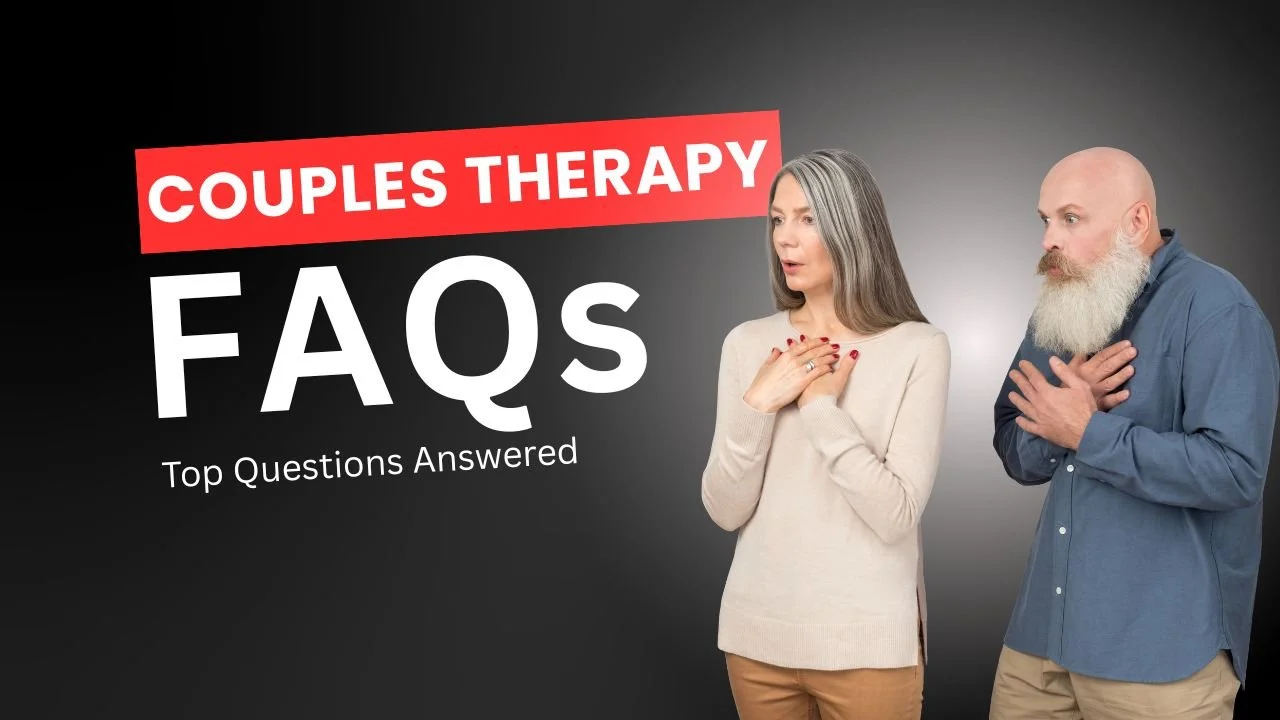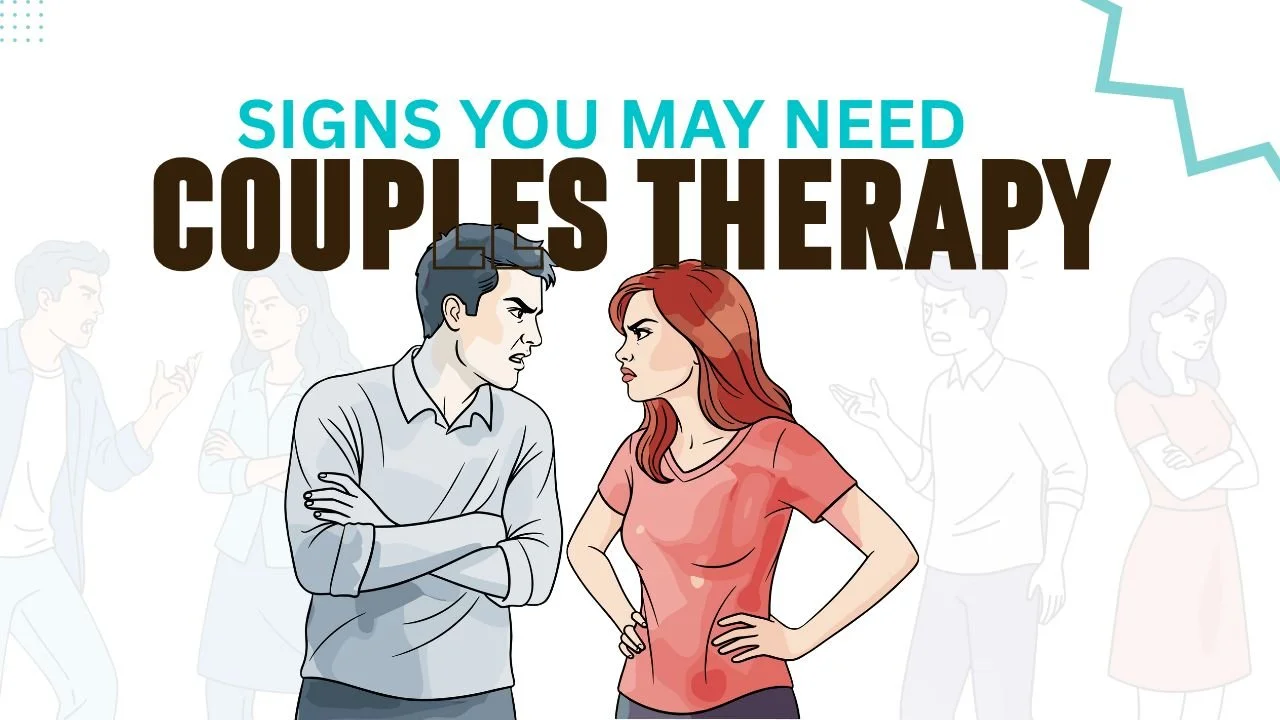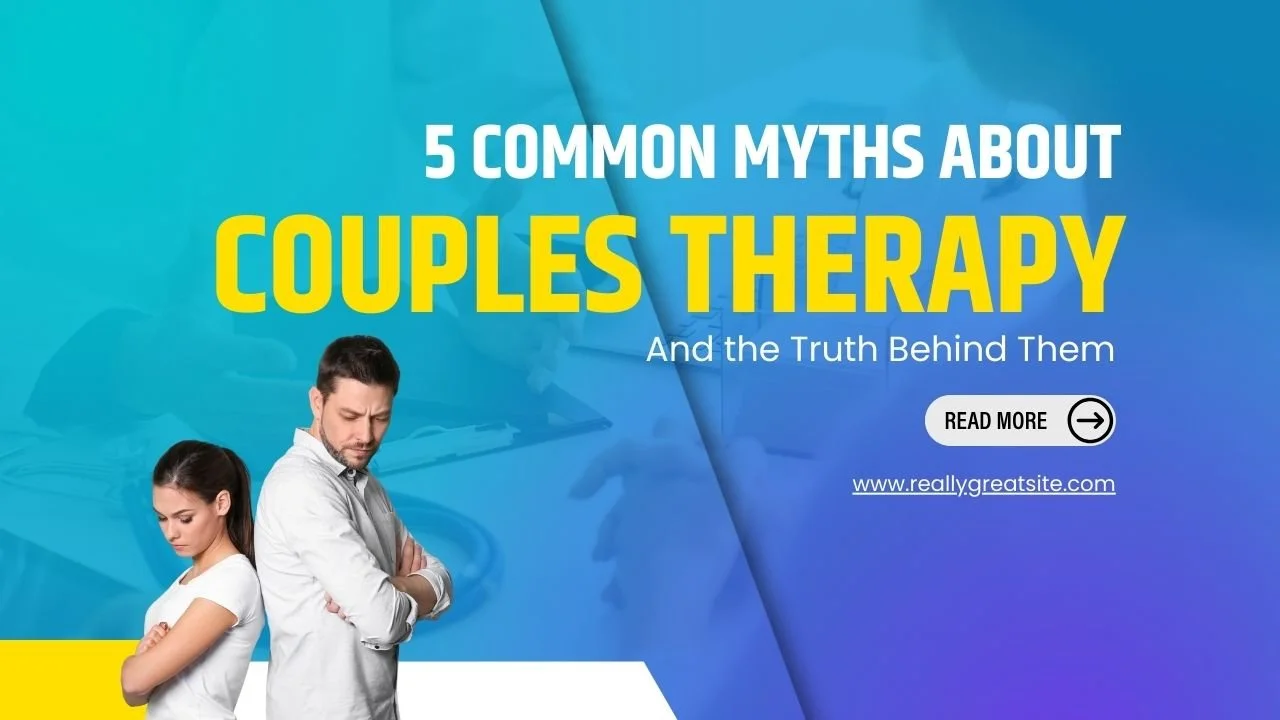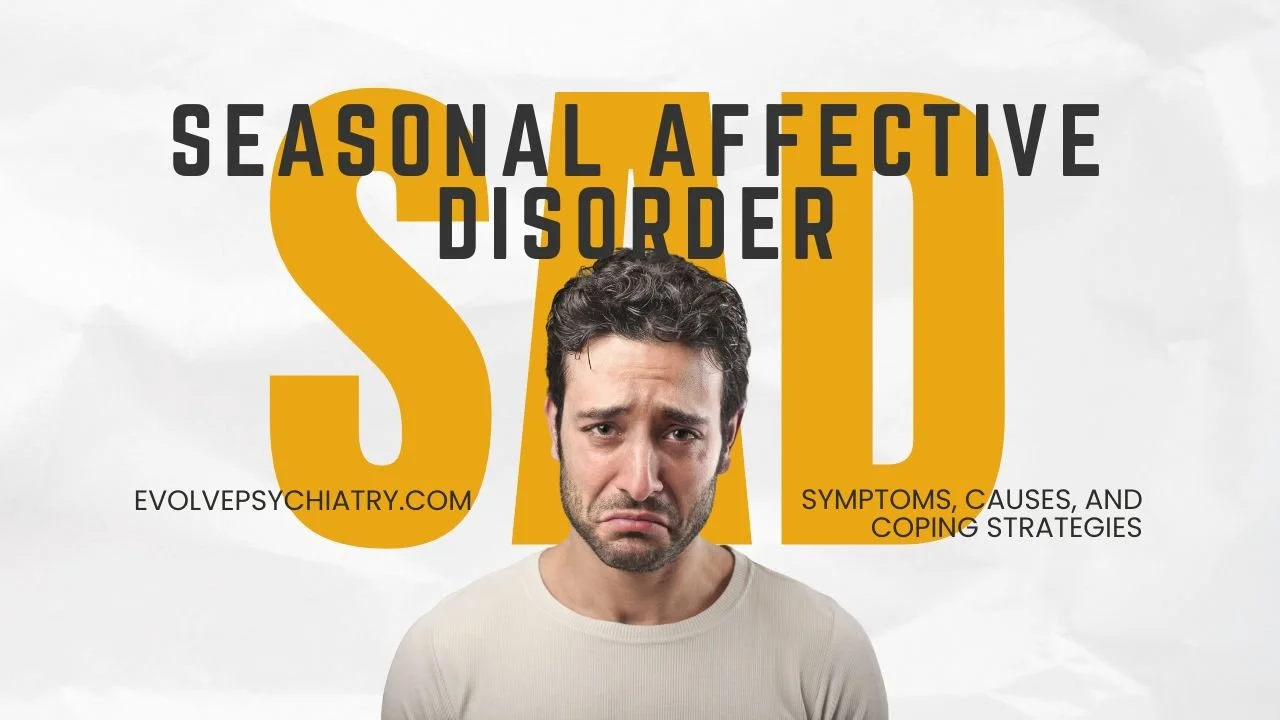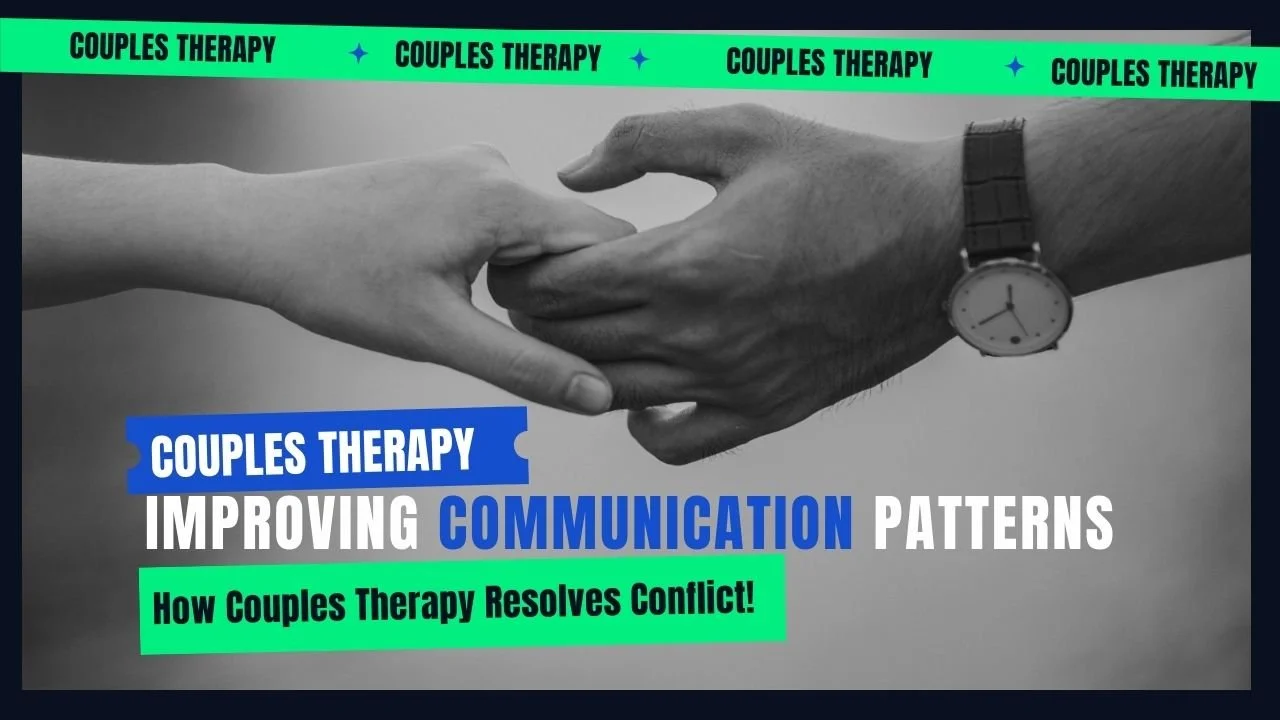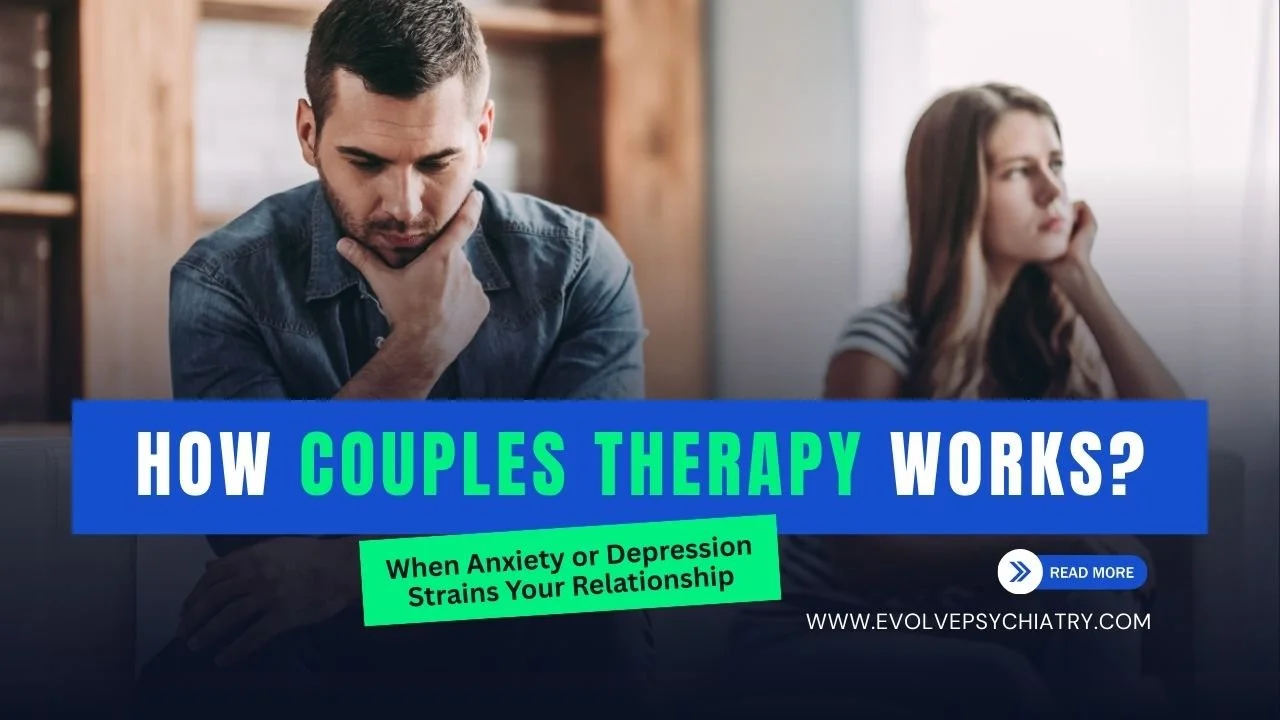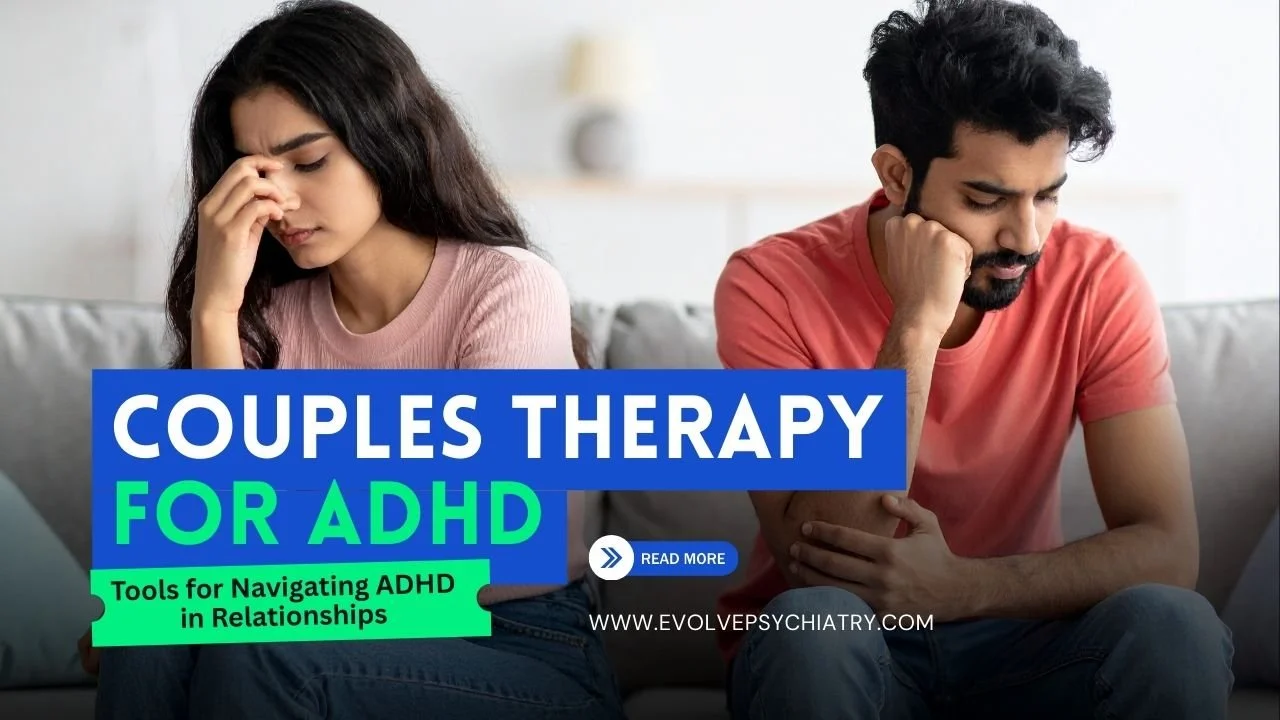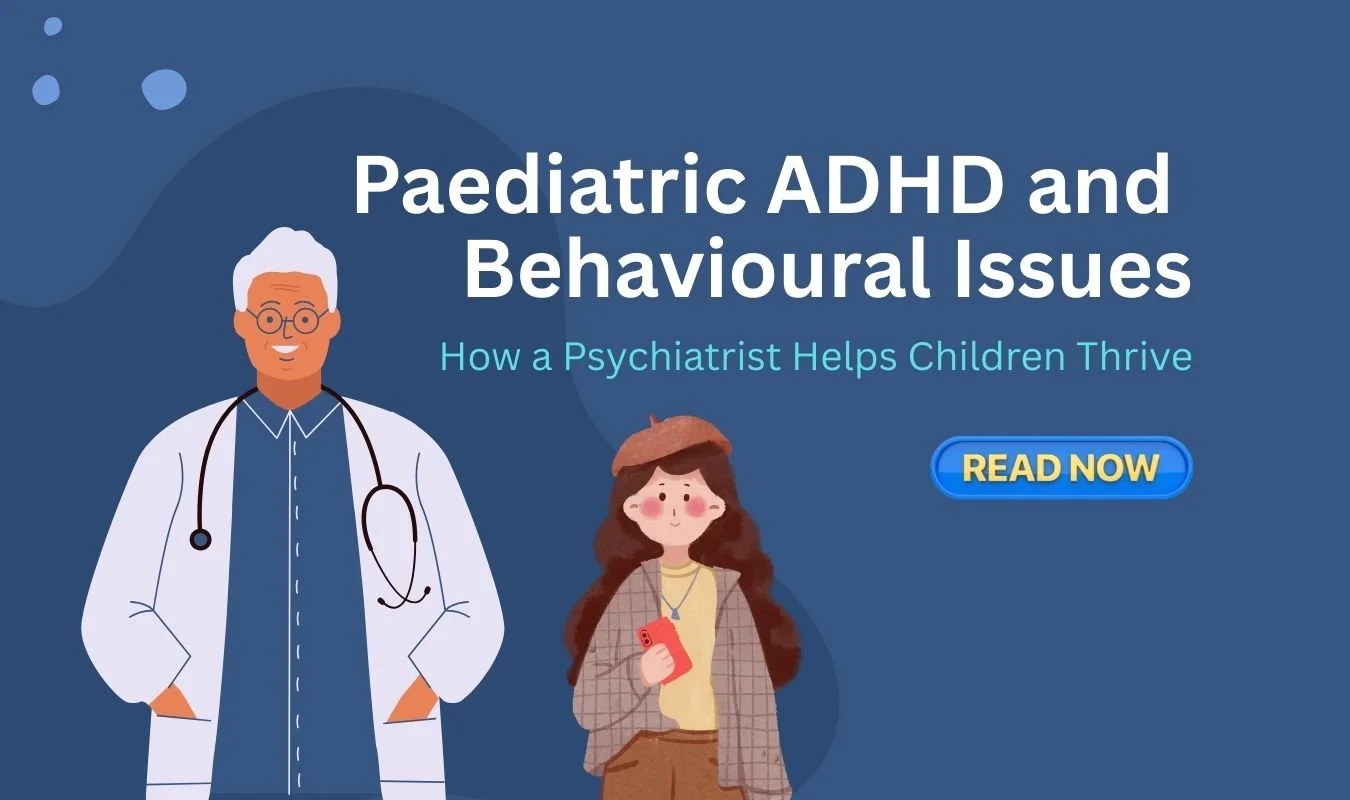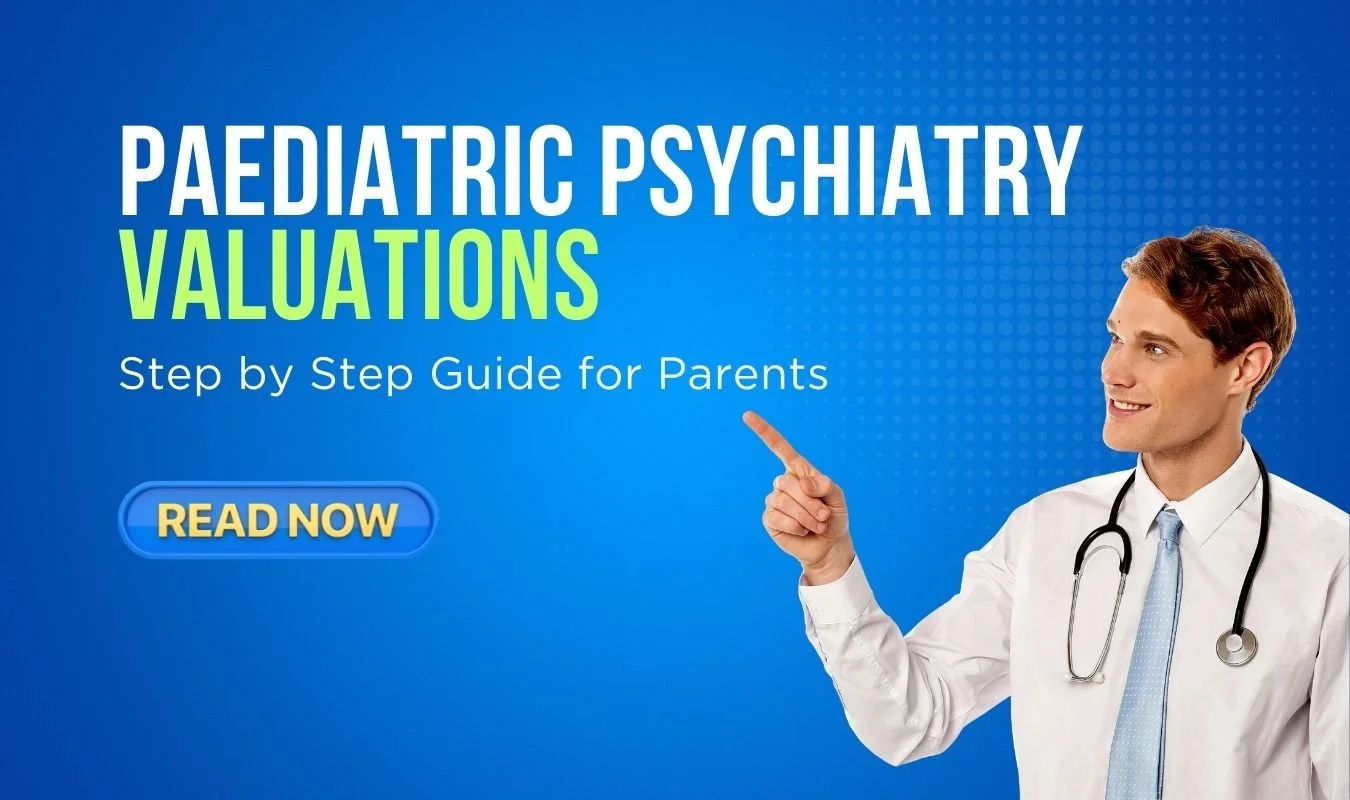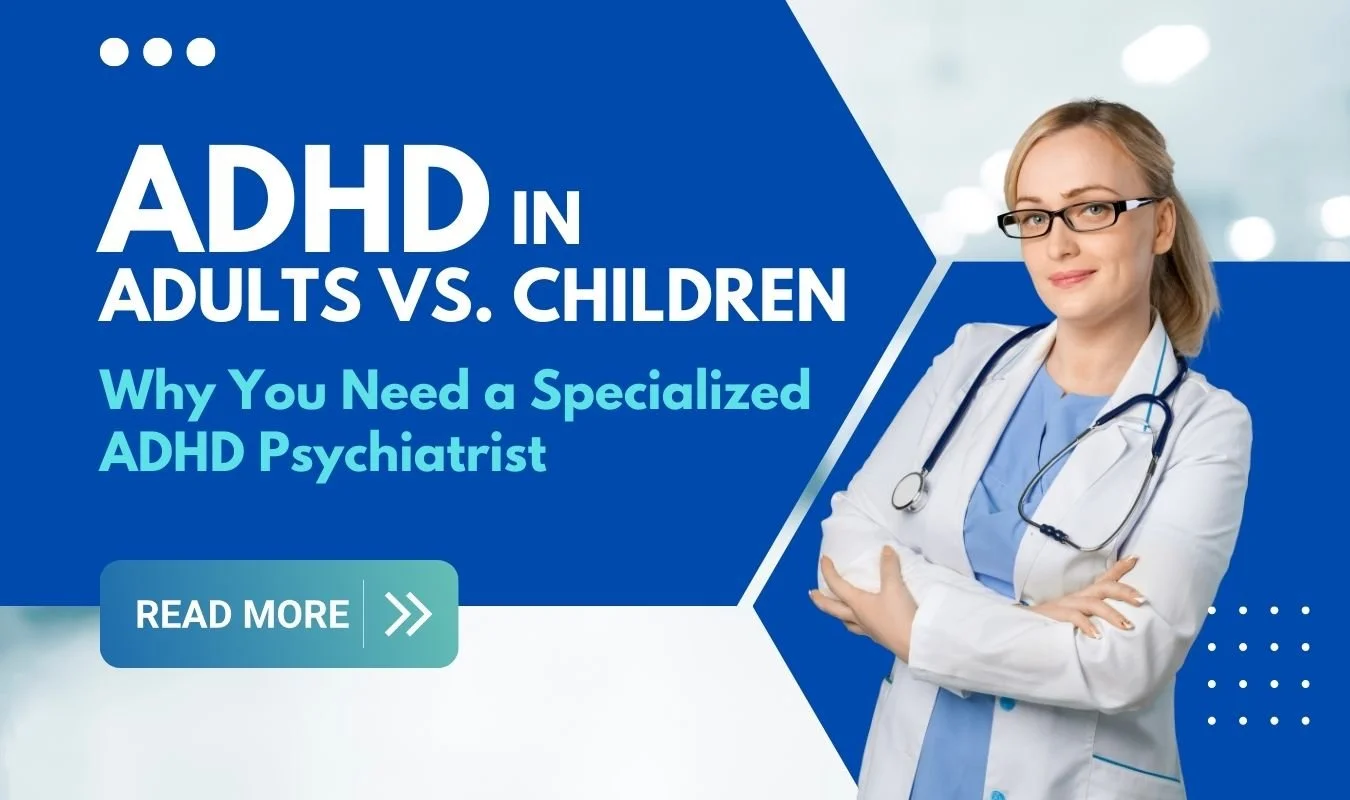
TMS Therapy
Call our TMS department: (631) 813-4950
TMS Therapy
Deep transcranial magnetic stimulation, also known as Deep TMS, is a non- pharmaceutical, non-invasive treatment for depression. It is a type of brain stimulation technique where magnetic fields are generated by a coil placed on the scalp. This current essentially activates the neuronal circuits at the stimulation site, resulting in lessened symptoms, and in some cases remission.
If you are interested in TMS Therapy - Please talk to your provider for eligibility and details.
How It Works
Deep TMS uses a special combination of coils that are capable of reaching 4cm beneath the surface of the skull, called H coils, which are manufactured by Brainsway. Different H coils are designed to target different areas in the brain. Deep TMS with the H1 coil is FDA approved for the treatment of depression in patients who have failed to improved after multiple medication trials. It is the safest option with the least side effects for patients with treatment resistant depression.
Deep TMS entails 5 daily sessions for 20 minutes, for a total of 36 sessions. Many patients schedule their sessions during a lunch break, and the patient can drive home independently after each session to resume his/her daily activities.
This technology was initially developed in 2000 at the NIH and in 2013 the Brainsway H1 coil received FDA approval for use in patients with Major Depression. In 2018, the H7 coil received FDA approval for use in patients with Obsessive-compulsive disorder.
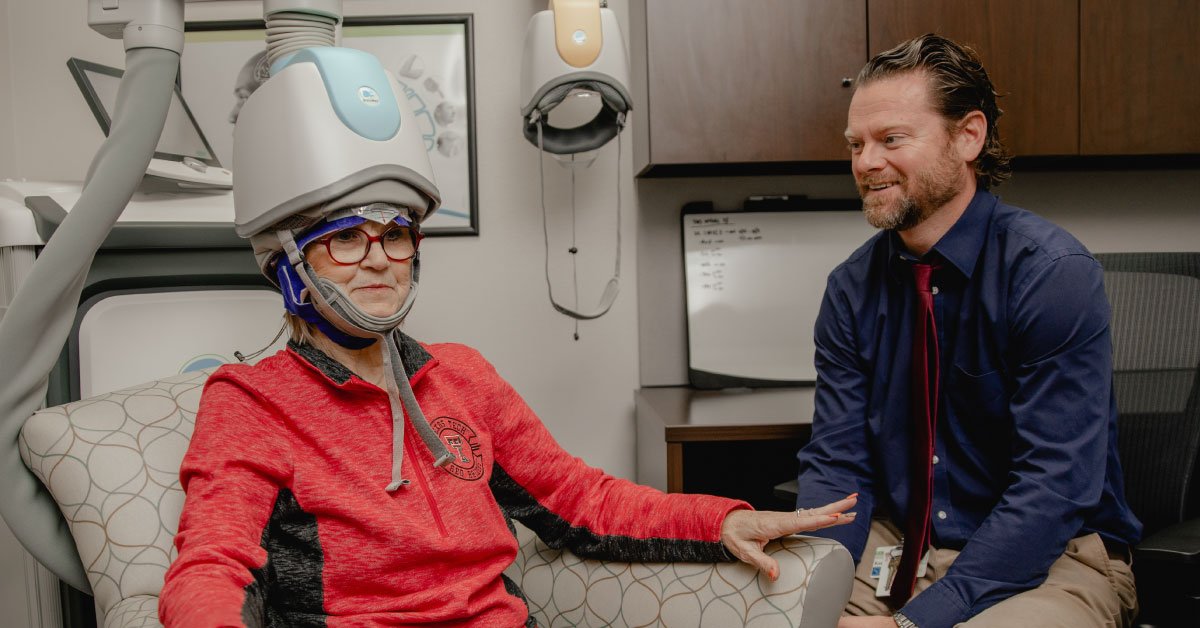
-
What happens once I decide to seek treatment at Evolve Psychiatry?
Before you begin Deep TMS treatment, you’ll need a thorough evaluation performed by our psychiatrist who will help to determine if this procedure is right for you and for your treatment plan. Our psychiatrist will make this determination based on your history, previous medications, and the risks of the procedure in regards to your personal health. If our psychiatrist approves the treatment, the next step is determining treatment frequency, treatment duration, and treatment location.
During the actual Deep TMS procedure, you will be awake and alert. There is no need for any type of anesthesia or hospitalization due to the treatment’s noninvasive nature. You will also undergo regular follow-up visits with your psychiatrist, as well as a daily assessment of side-effects by the technician, and complete weekly follow-up measures to assess symptom progress.
-
What are the side effects of TMS?
The side effects of TMS include:
Temporary scalp tenderness
Temporary headache
Temporary jaw pain
Temporary tooth pain
Rare incidence of seizure
Most side effects are temporary and appear only during the treatment session.
Where can I receive TMS Tharepy?
Evolve Psychiatry clinics are very well capable and equipped with modern infrastructure to provide effective TMS Therapy. Click on clinic name and check exact location of TMS Therapy Ecolve Psychiatry clinics.
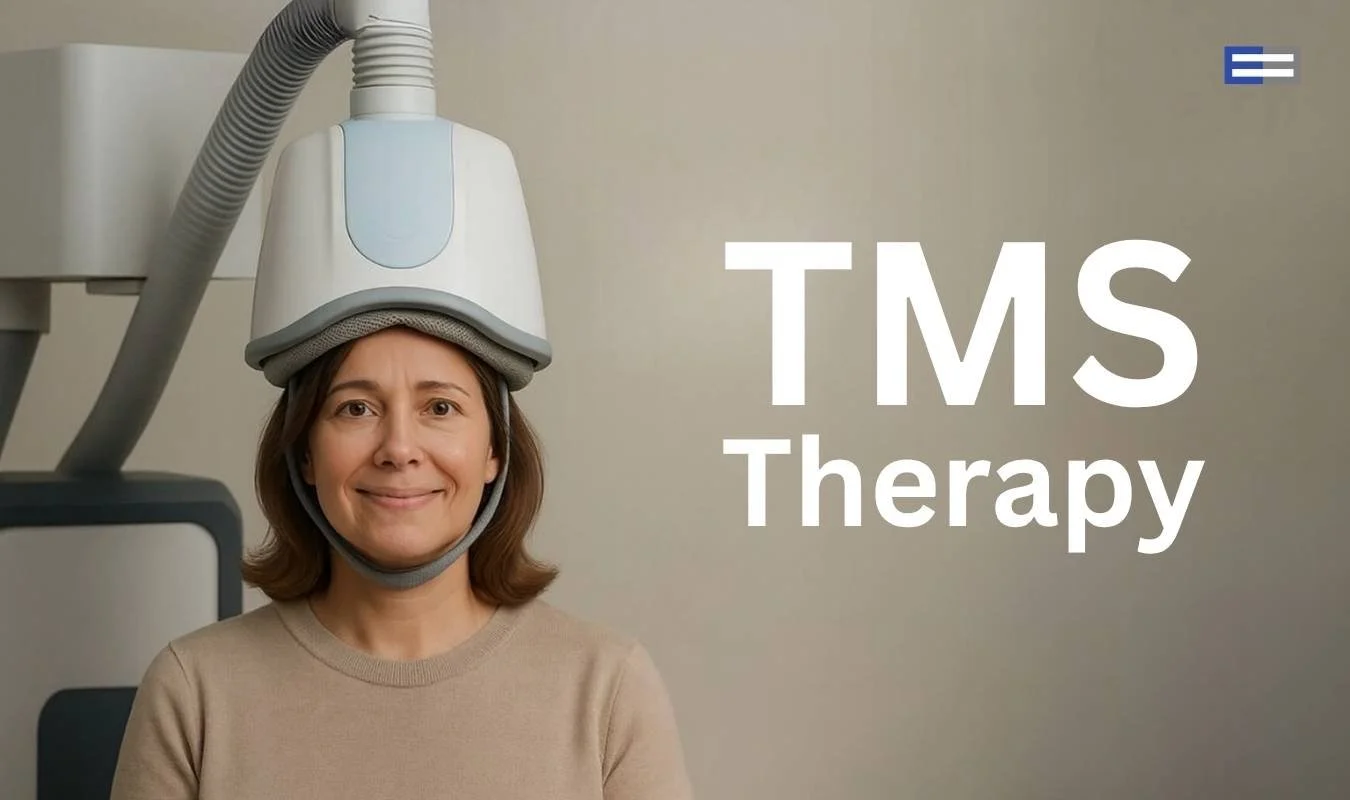
Recent posts
Can Couples Therapy Really Make a Relationship Stronger?
Many couples think therapy is only needed when a relationship is close to breaking. Others feel their problems are not serious enough to ask for help. These beliefs often stop couples from exploring a tool that can actually strengthen their bond. Couples therapy is not just about fixing problems. It is about learning skills, building understanding, and creating a healthier connection.
Thinking About Couples Therapy but Still Have Questions? You’re Not Alone
Many couples think about therapy long before they actually book a session. Questions, doubts, and worries often get in the way. You might wonder if your problems are serious enough. You may worry about being judged or blamed. Some couples fear that therapy will make things worse instead of better.
Couples therapy is often misunderstood as something only needed when a relationship is about to end. In reality, it is most effective when couples seek help early. Early signs are usually quieter. They show up as tension, distance, or repeated misunderstandings rather than major fights. Learning to recognize these signs can help couples take action before hurt and resentment grow deeper. This blog explains common early warning signals and helps you decide when couples therapy may be the right next step.
Couples therapy gets a bad rap as something only desperate people try when a relationship is doomed. But that idea is a myth. Healthy couples at any stage can use therapy to strengthen their bond, and even working on small problems early can prevent bigger issues later.
Seasonal Affective Disorder is a real medical condition, not just a passing case of the blues. Doctors recognize that changes in light and weather can trigger a shift in brain chemistry, leading to symptoms of depression. Understanding SAD is important because this condition is common in colder climates like the Northeast, and it can be treated
We are excited to announce that Evolve Psychiatry will soon open a new Genoa Healthcare pharmacy inside our Massapequa, NY clinic. This in-house pharmacy will bring pharmacy services directly to you, including a prescription delivery service for all Evolve patients.
Nervous About Your First Couples Therapy Session? Here’s What You Can Expect
Starting couples therapy is a big decision. You might feel hopeful, anxious, or unsure about what’s coming next. This guide will walk you through what actually happens in your first couples therapy session. By the end, you’ll feel more prepared, less anxious, and ready to make the most of your time in the room.
You’re Ready for Couples Therapy. But How Do You Choose the Right Couple Therapist?
This practical guide will help you navigate the process of choosing the right couples therapist. Whether you’re new to therapy or looking to switch providers, you’ll find clear steps and supportive insights to help you make a confident choice.
When Talking Turns to Tension: Can Couples Therapy Fix the Way You Communicate?
All relationships face moments of miscommunication. Couples therapy helps people learn how to talk, listen, and respond in healthier ways. With the right support, couples can replace arguments with understanding and conflict with connection.
When Mental Health Meets Love: Can Couples Therapy Bring You Back Together?
The truth is, mental health struggles can deeply affect even the strongest partnerships. But that doesn’t mean your relationship is broken. It means your connection needs support-and couples therapy can offer that support in a safe, structured way.
When ADHD Disrupts Love: Can Couples Therapy Help?
ADHD in relationships is more common than many realize. While the challenges are real, they are not impossible to manage. Couples therapy offers tools, support, and understanding that can help partners work as a team instead of feeling like they are on opposing sides.
When Love Feels Hard: How Couples Therapy Can Help
Every relationship has its challenges. Some couples face small misunderstandings that build up over time, while others find themselves caught in repetitive conflicts that never seem to resolve.
Paediatric ADHD and behavioural issues can impact a child’s learning, emotions, and family life. Discover how a child psychiatrist supports early diagnosis, effective treatment, and long term emotional growth.
Wondering how paediatric psychiatry evaluations work? This step by step parent guide explains what to expect, how assessments are done, and when to see a psychiatrist for teens near you for clear diagnosis and personalized care.
Concerned about early childhood mental health? Learn the conditions paediatric psychiatrists commonly treat, early warning signs to watch for, and when to seek a psychiatrist for teens near you to support healthy emotional development.
Not sure what a paediatric psychiatrist does or when your child may need one? Learn the role of a psychiatrist for teens near you, the signs to watch for, and how early psychiatric care supports emotional and developmental health.
Searching for a paediatric psychiatrist near me? Learn what parents should look for when choosing the right doctor, understand when to seek help, and discover how the right care supports your child’s emotional, behavioral, and developmental wellbeing.
Learn how teen psychiatry works at Evolve Psychiatry, from detailed assessments to personalized treatment plans and regular follow ups. Discover how a psychiatrist for teens near you supports your child’s emotional health with compassionate, structured care.
Worried about teen anxiety or depression? Learn the warning signs parents should watch for and understand when it is time to seek a psychiatrist for teens near you for early, effective mental health support.
Confused about teen therapy or medication? This parent friendly guide explains what happens during treatment and when working with a psychiatrist for teens near you can support your child’s emotional health and long term wellbeing.
Not sure if your teen needs professional help? Learn the early emotional, behavioral, and academic warning signs parents should never ignore and understand when it may be time to find a psychiatrist for teens near you.
Looking for a psychiatrist for teens near you? This complete parent guide explains when to seek help, how teen psychiatry works, and how to choose the right specialist to support your child’s mental health and long term emotional wellbeing.
Learn the complete steps in Spravato treatment and understand what happens before, during, and after each session. This clear guide explains the full process in simple language and helps you feel confident as you begin your journey toward relief from treatment resistant depression.
Curious about what Spravato treatment feels like? This guide explains every stage of the experience in simple, reassuring language and shows how Spravato can bring relief from treatment resistant depression under professional psychiatric care.
Learn the science behind Adults ADHD and how psychiatrists personalize treatment to improve focus, emotional balance, and daily functioning. Understand brain based causes and discover how the right approach can bring long term clarity and stability.
Discover how Adults ADHD affects work, relationships, and daily life, and learn why seeing an ADHD psychiatrist near you can bring clarity, focus, and long term balance. Understand the diagnosis process and personalized treatment that helps adults regain control.
Understand the differences between ADHD in adults and children and learn why a specialized ADHD psychiatrist is essential for accurate diagnosis and effective treatment. Discover how expert care helps you or your child build focus, confidence, and long term stability.
Understand what happens during an Adult ADHD psychiatrist visit. Learn about the evaluation process, diagnostic steps, and treatment planning so you can begin your Adults ADHD journey with clarity and confidence.
Discover how an Adult ADHD psychiatrist helps adults restore focus, motivation, and emotional balance. Learn the signs of Adults ADHD, the diagnosis process, and effective treatment options that bring long term clarity and control.
Discover how an Adult ADHD psychiatrist helps adults restore focus, motivation, and emotional balance. Learn the signs of Adults ADHD, the diagnosis process, and effective treatment options that bring long term clarity and control.


